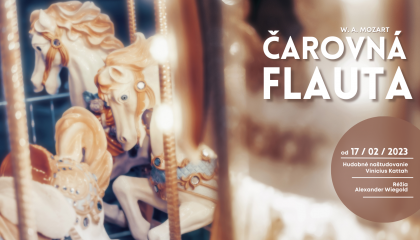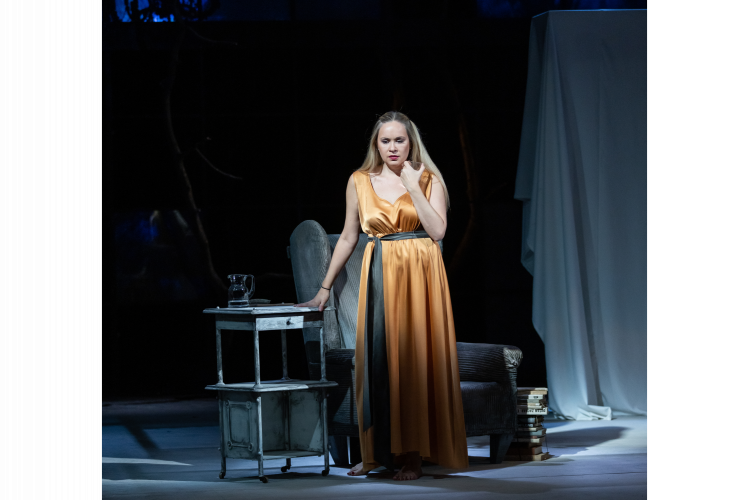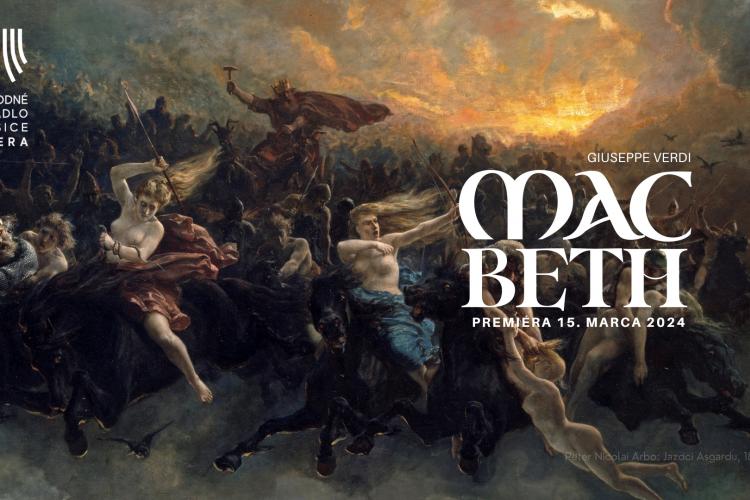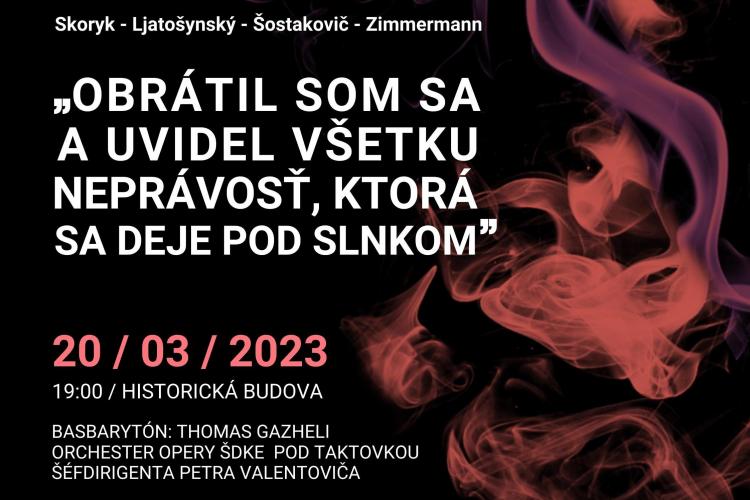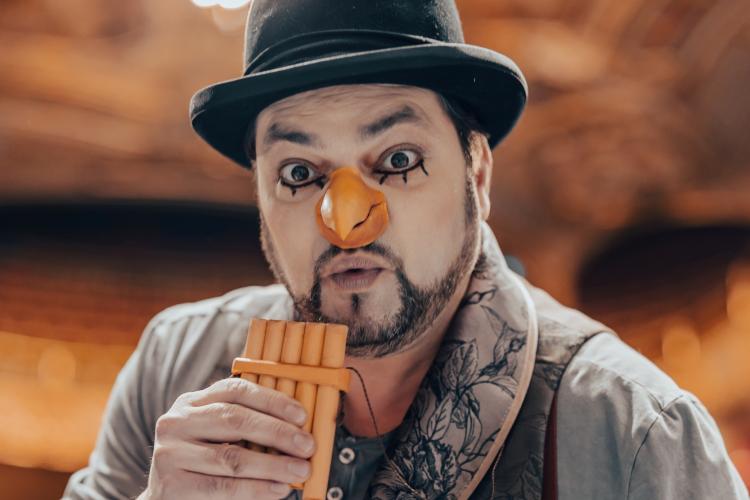For the fourth time in the history, the world´s most performed opera by the genius W.A.Mozart, The Magic Flute, is coming back on the stage of the State Theatre Košice in its historical building, premiering on Friday 17th February and on Saturday 18th February. A new production is with the Opera ensemble of the State Theatre Košice is being prepared by Alexander Wiegold, German director living in Austria. The music preparation is in hands of the first guest conductor Vinicius Kattah. „After Shakespeare´s tragedy Hamlet and Leonardo´s portrait of Mona Lisa, The Magic Flute is the third great mystery of our culture. “, said Peter von Matt, Swiss philologist and writer.
Mozart´s opera with libretto by Emanuel Schikaneder had its world premiere in 1791 at the suburban Freihaus-Theatre in Vienna and in November 1792 the opera had its 100th performance, already after Mozart´s untimely death. Currently, it is the most performed opera in the world, according to the statistics of the specialized portal operabase.com. Theatres presented it in 145 productions with 953 performances in the 2021/2022 season, while in the ongoing 2022/2023 season one more production was added and this unmistakable opera was performed 879 times.
The National Theatre in Košice presented The Magic Flute for the first time in the 1948/1949 season and last in October 2006, directed by Andrea Hlinková with music set by Miloslav Oswald.
What is the mystery of this opera by Mozart and why does it attract audiences of different age categories for more than two centuries? „The Magic Flute is one of the most performed opera works. Many treatises, reflections and books have been written about it. Tamino, on his journey to Pamina, also searches for truth and orientation in the complex world of symbols interfacing fairy tale and mystery. By combining music and text, Mozart and the author of libretto, Emanuel Schikaneder, created a conflicting world of good and evil, noble and folk, joy and sorrow, spectacular theatre and mystery. Hope and euphoria from the ideas of freedom and equality, represented by the Great French Revolution and Enlightenment, dominated at the time of the first premiere of The Magic Flute in 1971. Today, 231 years later, there is rather disillusionment and a sense of threat to our fragile world. A common desire of man then and now is the search for an ideal social order and desire for love, freedom and understanding that brings Mozart´s last opera work closer to both, an adult and a younger spectator. “, says director of the Opera of the State Theatre Košice.
For director Alexander Wiegold, it is the second collaboration with the Opera after Massenet´s Werther. „The Magic Flute is a very modern opera. It forms a bridge between the world of fairy tale and the rational world. It is full of contrasts: the alternation of the world of values, but also the world of impulses or fear and great emotions. However, I wouldn´t say it´s one or the other, the magic of this opera is precisely in the tension. You could say that this opera is basically one big journey, a search. “, says the director of the production. According to him, today we have to look at this work differently than at the time of its creation and its impact then. „Life was certainly not easy back then. But it´s one of the few operas that contains utopia and has great hope in it – the hope that humankind will strive for the good and that something like an ideal society will emerge. Today we could say, irrational is stronger than we thought. Rational and enlightened ideas do not automatically succeed, we constantly struggle with this. Enlightenment will never be finished, it is a process and people are still in tense arc because they are not only rational but also influenced by emotions. “, thinks A. Wiegold.
As he adds, it is the same in The Magic Flute, where we experience the story from a certain perspective and from the point of view of one protagonist, but he suddenly finds himself in a situation where we see him from a completely different point of view. „The person can think independently, think about things and look at them from different angles, get different information. That is a huge topic for us even today and almost a practical experience for the spectator – we are presented with a story and we find out, that we´ve been fed false information and it´s actually quite different. That was very important for me and for our production and the set – the question of what the truth is here and how I, as a person, can get to the truth. “, director Alexander Wiegold describes how he perceives the work.
Stage for the new opera production was designed by Ondrej Zachar in collaboration with Alexander Wiegold, costumes designed by Tomáš Kypta, light design by Róbert Farkaš and video design by Michael Balgavy.
Audience will once again see the excellent Czech soprano in the famous character of the Queen of the Night, for whom the new Magic flute will be her debut in Košice. She alternates with young Croatian soprano Gabriela Hrženjak, who is celebrated for her debut in Košice as Roxana in the King Roger opera. An interesting cast of guest and home soloists in other characters – Michal Onufer, Ivan Zvarík and Jozef Benci as Sarastro, Maksym Kutsenko and young Slovak tenor Andrej Vancel as Prince Tamino, Veronika Bilová and Aneta Hollá as Pamina, Marek Gurbaľ, Marián Lukáč and Martin Kovács as Papageno, Veronika Bilová and Silvia Ondočko as Papagena, Maksym Kutsenko and Anton Baculík as Monostatos.

